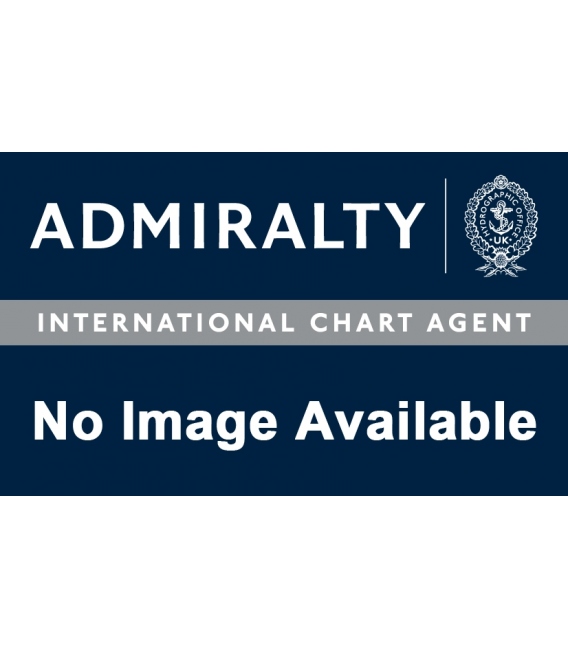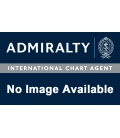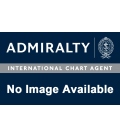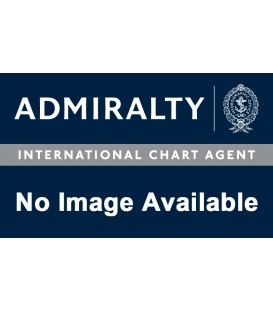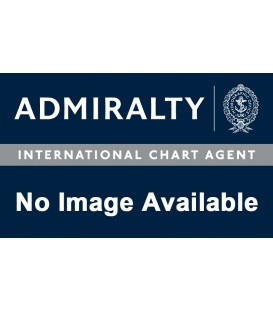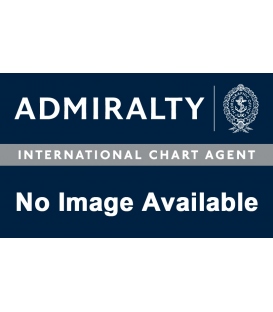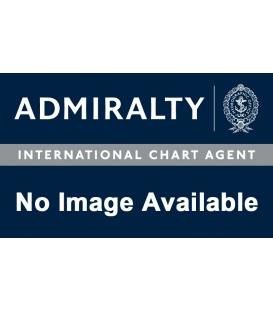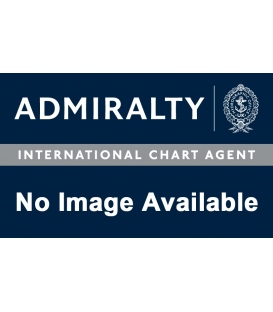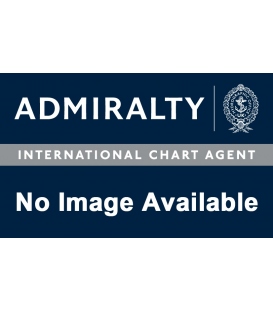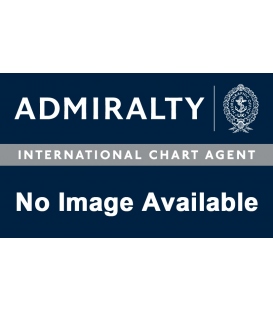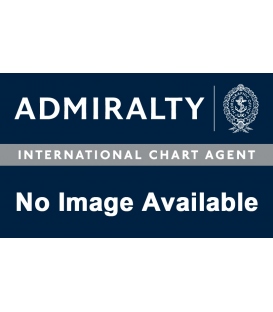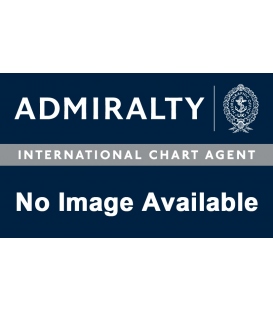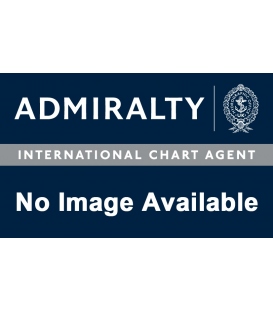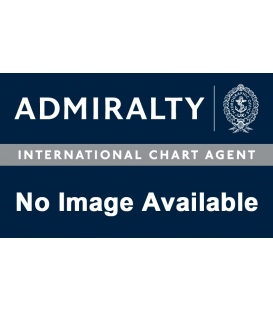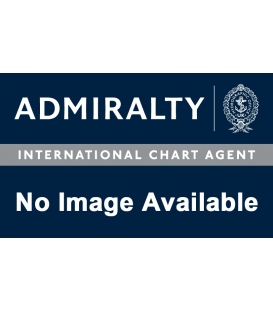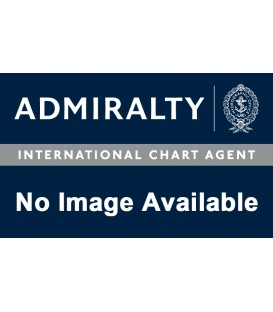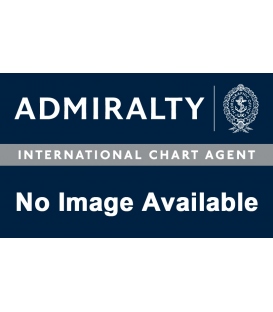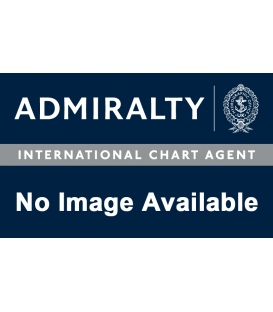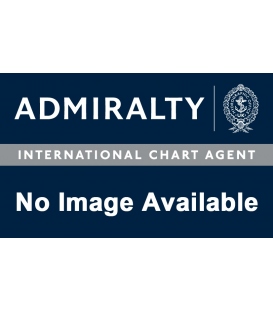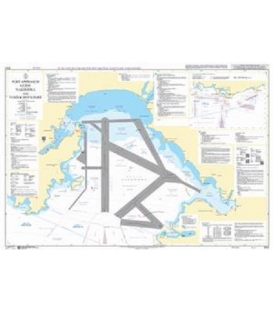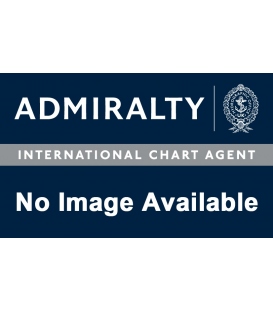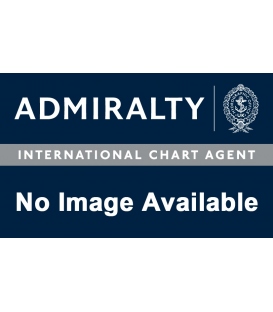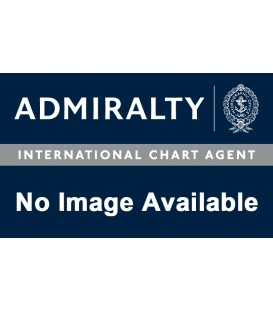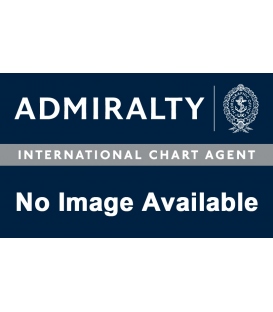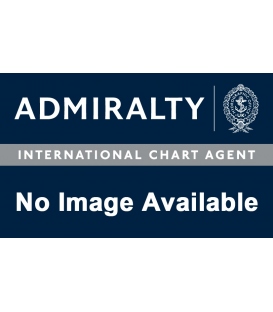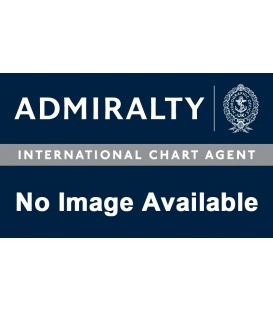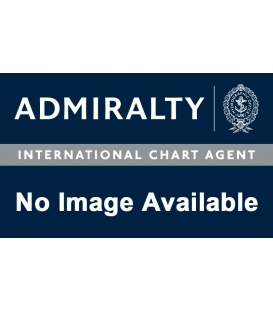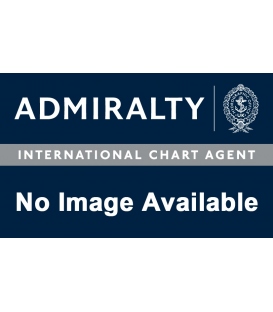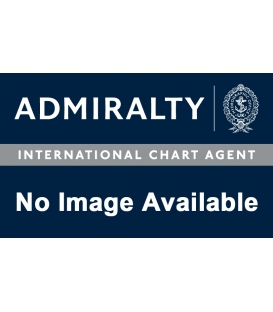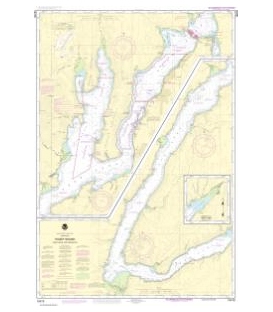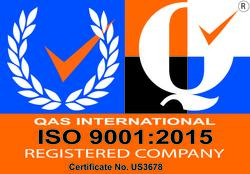

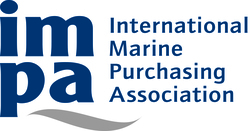
Sign up for our Newsletter
British Admiralty Nautical Chart 8031 Port Approach Guide - Mobile Bay
Each chart in this expanding range focuses on a single port, and contains extra, relevant planning information for the port approach.
Quick reference
Linking the International Code of Signals (ICS) flags with related reference sections on the chart helps bridge crews to quickly find information they need.
Easy to use
Designed to be used alongside either official paper or digital nautical charts, they help to make the planning of port entry and exit quicker and easier, and aid the berth to berth planning process.
Extra information to aid planning
Additional planning information may include general information including contact details and harbour regulations, Vessel Traffic Service (VTS) information, principal lights and landmarks, specific warnings, tide and climate information, anchorages and prohibited areas, dangerous cargo, pilotage, berth information and port service.
Chart 8031
Main Chart Details
- Chart Title: Port Approach Guide, Mobile Bay
- Publication Date: 21/05/2015
- Latest Edition date: 12/10/2017
- Chart Size: 640 x 980 (mm)
Chart Panel Details
- Panel Name A Mobile Bay
- Natural Scale 80000
- North Limit 30 47'.44N
- East Limit 87 44'.00W
- South Limit 30 05'.00N
- West Limit 88 15'.98W
- Panel Name B Mobile Ship Channel, Northern End
- Natural Scale 30000
- North Limit 30 46'.40N
- East Limit 88 01'.25W
- South Limit 30 38'.30N
- West Limit 88 04'.00W
- Panel Name C Middle Bay Terminal
- Natural Scale 20000
- North Limit 30 32'.20N
- East Limit 88 04'.70W
- South Limit 30 30'.70N
- West Limit 88 07'.50W
Co-ordinates given are usually those of the four extremities of the chart. In many cases not all the area within will be fully charted*.Customers should check that the chart meets their requirements by viewing the chart image (where available).Mariners should always use the largest scale navigational chart available.
*Reasons may include
- Continuation of coverage of a small part outside the main area of chart coverage e.g a river.
- Inset plans and the chart title block and notes also take up space, therefore geographical information cannot be shown in this area.
- A need to refer to larger scale of chart, such waters are often "blued out" to avoid excessive maintenance work applying numerous NM corrections to an area of the small scale chart where the navigator will be using a larger scale chart.
- Coverage is better served from a different chart because of typical routeings.

